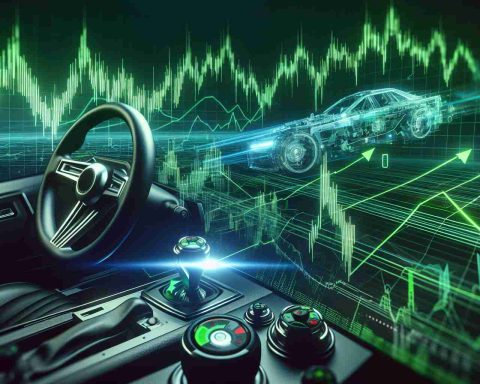OpenAI is venturing into the world of robotics in a groundbreaking way, developing humanoid robots with functional arms and legs. This initiative marks a substantial departure from their previous strategy of investing in robotics startups such as Figure and 1x. Instead of solely focusing on software, OpenAI is diving into creating tangible hardware.
The primary goal of this new venture is to enhance the quality of data fed into large AI models. By employing robots, OpenAI aims to improve these models’ spatial and physical understanding, an area that has been challenging due to the limitations of existing internet data.
In 2020, OpenAI discontinued its efforts in robotics because of a lack of sufficient data. The company’s attention then shifted towards projects like ChatGPT, where data was more readily available. However, a renewed focus on robotics is now underway with the recruitment of Caitlin Kalinowski from Meta. Her extensive experience in consumer hardware and robotics is expected to propel this ambitious project.
Some concerns have surfaced regarding whether OpenAI can maintain its focus and resources across so many different projects. Nevertheless, the integration of high-quality data from robotic sources holds the potential to significantly enhance AI models. This approach could address the limitations posed by the existing data found online. OpenAI’s foray into hardware and robotics could very well lead to transformative advancements in artificial intelligence.
OpenAI Revolutionizes Robotics with Humanoid Innovations
As a leader in artificial intelligence, OpenAI is making bold strides into the realm of robotics, shifting from its earlier investments in robotics startups to creating its own humanoid robots equipped with functional arms and legs. This groundbreaking effort marks a decisive pivot from OpenAI’s historical emphasis on software, as the company aims to establish itself as a formidable entity in both software and hardware development.
The Vision Behind OpenAI’s Robotics Initiative
OpenAI’s primary objective in developing humanoid robots is to enrich the datasets used to train large AI models. These robots are designed to enhance spatial and physical comprehension, areas where traditional internet-sourced data falls short. By leveraging physical interactions, OpenAI aims to address the challenges related to spatial awareness inherent in existing AI models.
Despite shelving its robotics projects in 2020 due to inadequate data, OpenAI’s renewed pursuit in this field is reinvigorated by the recruitment of Caitlin Kalinowski from Meta. With her expertise in consumer hardware and robotics, Kalinowski is anticipated to spearhead this novel project to new heights, facilitating transformative growth within the AI and robotics sectors.
Potential Pros and Cons
# Pros
1. Enhanced AI Training: By integrating data from robotic interactions, AI models can gain a deeper understanding of the physical world, which is not possible with current data sources.
2. Forward-Thinking Innovation: OpenAI’s approach could lead to significant breakthroughs in AI and robotics, propelling the industry forward with pioneering technology.
3. Diversification: Moving into hardware provides OpenAI a competitive edge in a broader tech landscape.
# Cons
1. Resource Allocation: Balancing robotics development with existing AI projects may strain OpenAI’s resources, potentially impacting project pace and completion.
2. Technical Challenges: The creation and refinement of humanoid robots come with complex technical hurdles that OpenAI must tackle to ensure success.
Market Implications and Future Predictions
The move towards robotics could reshape the AI landscape considerably, allowing OpenAI to lead innovations that could redefine human-technology interaction. Industry analysts predict that this initiative might inspire other AI firms to explore similar paths, thereby accelerating advancements in robotics technology worldwide. As OpenAI progresses, they may influence trends, leading to greater integration of AI in everyday applications.
OpenAI’s Commitment to Sustainability
In building these advanced robots, OpenAI maintains a focus on sustainability, aiming to source materials responsibly and design for energy efficiency. Their commitment to environmentally friendly practices could set new standards within the tech industry, promoting sustainable development alongside technological advancement.
To learn more about OpenAI and its initiatives, visit OpenAI.



















